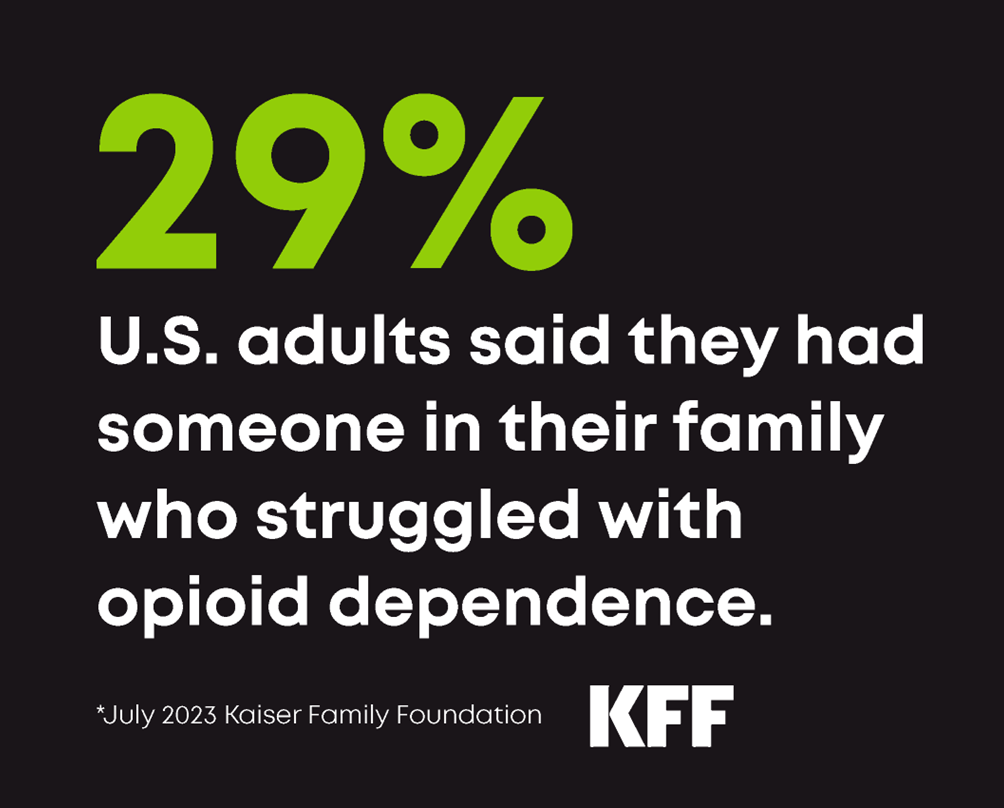Each time I send out the THCB Reader, our newsletter that summarizes the best of THCB (Sign up here!) I include a brief tidbits section. Then I had the brainwave to add them to the blog. They’re short and usually not too sweet! –Matthew Holt
I have always thought that the dual role of the Drug Enforcement Agency (DEA) was an anachronism that severely hampers America’s complex relationship with pharmaceuticals. Congress deems some medicines legal and regulates them via the FDA, and deems others illegal and tells the DEA and other law enforcement agencies to attempt to control their supply. Leaving aside the basic futility of this task, somehow DEA was also given the task of regulating the prescribers of legal prescription (and non-prescription) drugs–in particular those around controlled substances.
This has led to decades of DEA-led persecution of doctors, patients and even convenience store clerks in the name of reducing the diversion of opiates and methamphetamines. Of course going after any of these folks is much easier and less risky than hunting a Mexican cartel or busting real criminals, so it’s easy to see why the DEA has taken that approach. Has it worked in reducing the supply of opiates? Maybe. Has it had any impact on the opiate crisis? Not really. Have a whole lot of patients been caught in the crossfire? Yup.
Now the DEA is moving onto the next phase–re-regulating the online prescribing of controlled substances that was liberalized at the start of the public health emergency in 2020. As you can imagine, their proposals are not exactly bursting with reason.
The DEA is essentially banning all controlled prescribing without a face to face visit first. This is despite the fact that the demand for those mental health medications increased dramatically during the pandemic as rates of depression and anxiety went up by a factor of three. While you can argue that in 2021 and 2022 some online services (notably Cerebral) may–and I stress may–have crossed the over-prescribing line for ADHD and other conditions, there’s no evidence that what happened is any worse than the in-person care that the DEA has been inadequately overseeing for decades. More importantly, those online services have already pulled out of those exact therapeutic markets the DEA is alarmed about. Who is left providing online ADHD care? Local clinicians and reputable services. And of course DEA knows full well, and is doing nothing about, the lack of access to mental health professionals that existed long before the increase in demand.
Is there any reason to suspect DEA will improve the quality of the system dealing with these medications? Highly doubtful. There are two current examples suggesting why not. First, due to the increased demand from the pandemic induced mental-health crisis and production problems at pharma company Teva, there’s a massive shortage of ADHD medication already. The DEA could help patients out here, but have declined to increase production quotas–sending millions of patients and their parents on a wild goose chase hunting down pharmacies with actual supply of Adderall and related meds.
Secondly, the DEA wants to also ban the the online prescribing of another drug, buprenorphine, which is used to help wean patients with substance use disorder off opiates and other substances. OK, so there’s a one month grace period here but essentially this is a short-sighted ban that will directly lead to patients going to the black market to acquire opiates, leading to more addiction and death.
My conclusion is that the DEA should be removed from its oversight of licensed clinicians and that role be given to FDA or HHS. At the least these proposed regulations should be abandoned and rolled back to what we have now. The only good news is that there is still time to comment on the regulations. I went and did so and I hope you will too. Patients have suffered enough already.











